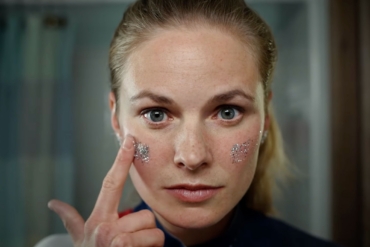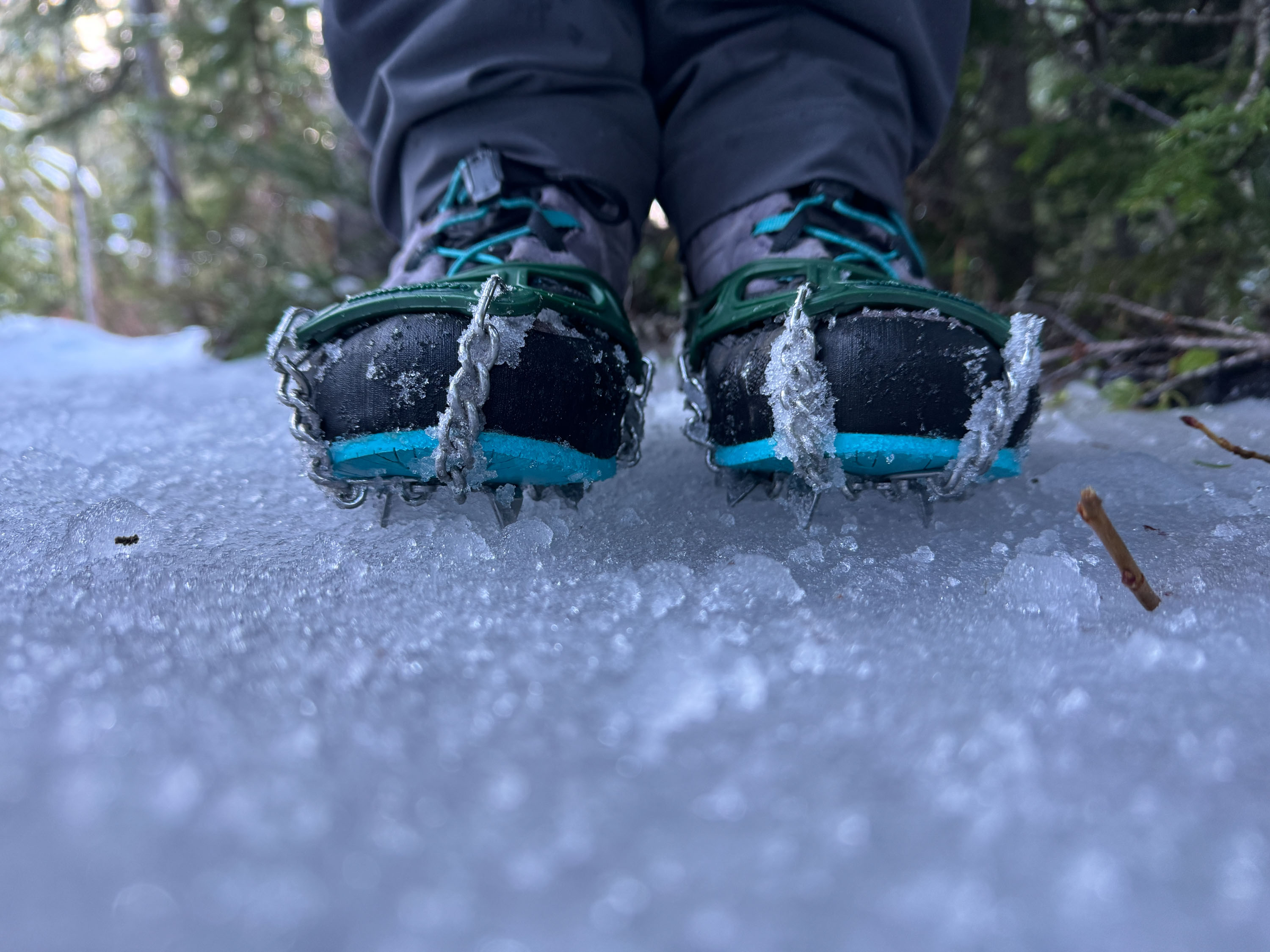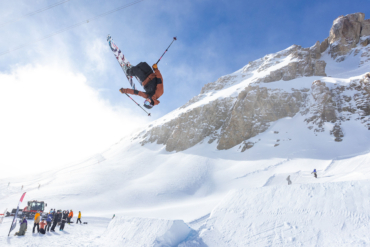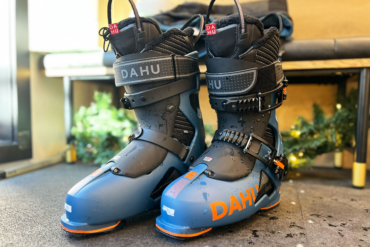The Rocky Mountains are an epicenter for outdoor enthusiasts and, with the winter season quickly approaching, we can’t forget a must-visit place for backcountry skiing in Colorado.
While the state is home to 32 world-class ski resorts, an increasing number of skiers are venturing into the backcountry’s wild snow every year. Backcountry skiing in Colorado is some of the best in the country, and there are virtually endless acres to explore across the state’s many national forests and parks.
Below are what we consider some of the best places to backcountry ski in Colorado.
A Quick Note on Exploring the Backcountry on Skis
Backcountry skiing allows for immeasurable freedom and solitude in an often pristine winter environment, but it comes with some genuine risk. While chasing wild powder is always enticing, it is not an endeavor that should be taken lightly.
Everyone that ventures into the backcountry in winter should take it upon themselves to enroll in the proper avalanche education, decision-making, and rescue courses. Further, every backcountry traveler must carry the appropriate gear. If this is all news to you, this article provides an excellent introduction to the matter. After that introduces you to safety, check out our beginner’s guide to backcountry skiing, and this primer on backcountry ski gear. Don’t be afraid to hire a guide to help get you started or show you the best spots.
If you’ve taken the courses, have the gear, and are ready to start exploring all that backcountry skiing in Colorado has to offer, read on!
Backcountry Skiing in Colorado
Bluebird Backcountry

- Skill Level: Beginner to Advanced
- Dominant Terrain: Glades, bowls, some steeps
- Best Season: Christmas to end of March
- Distance from Denver: 133 miles
New to the scene this year, Bluebird Backcountry is the country’s first backcountry ski resort. The area, located 30 minutes outside of Kremmling and Steamboat Springs, boasts 1,200 avalanche-evaluated acres and 3,000 guided acres out of bounds. Plus, here are seven marked skin tracks.
The mountain itself is perfectly geared toward new backcountry users, education, skill development, and curious backcountry users that are a little more risk-averse. That said, there is also some serious terrain for those looking to push it a bit harder. Check out their website to learn more.
Berthoud Pass

- Skill Level: Beginner to Expert
- Dominant Terrain: Glades, cliffs, and steep skiing
- Best Season: Late January well into spring
- Distance from Denver: 55 miles
Berthoud Pass has become increasingly popular over the years for a good reason. This former ski resort is relatively close to Denver and generally gets some of the most snow on the Front Range.
While it can get crowded, by putting in a little bit of work on your skins, you can certainly escape into the backcountry and find untouched powder stashes. There are some extreme options in the area, but Berthoud Pass is especially suited for those just toeing into the backcountry experience.
Loveland Pass
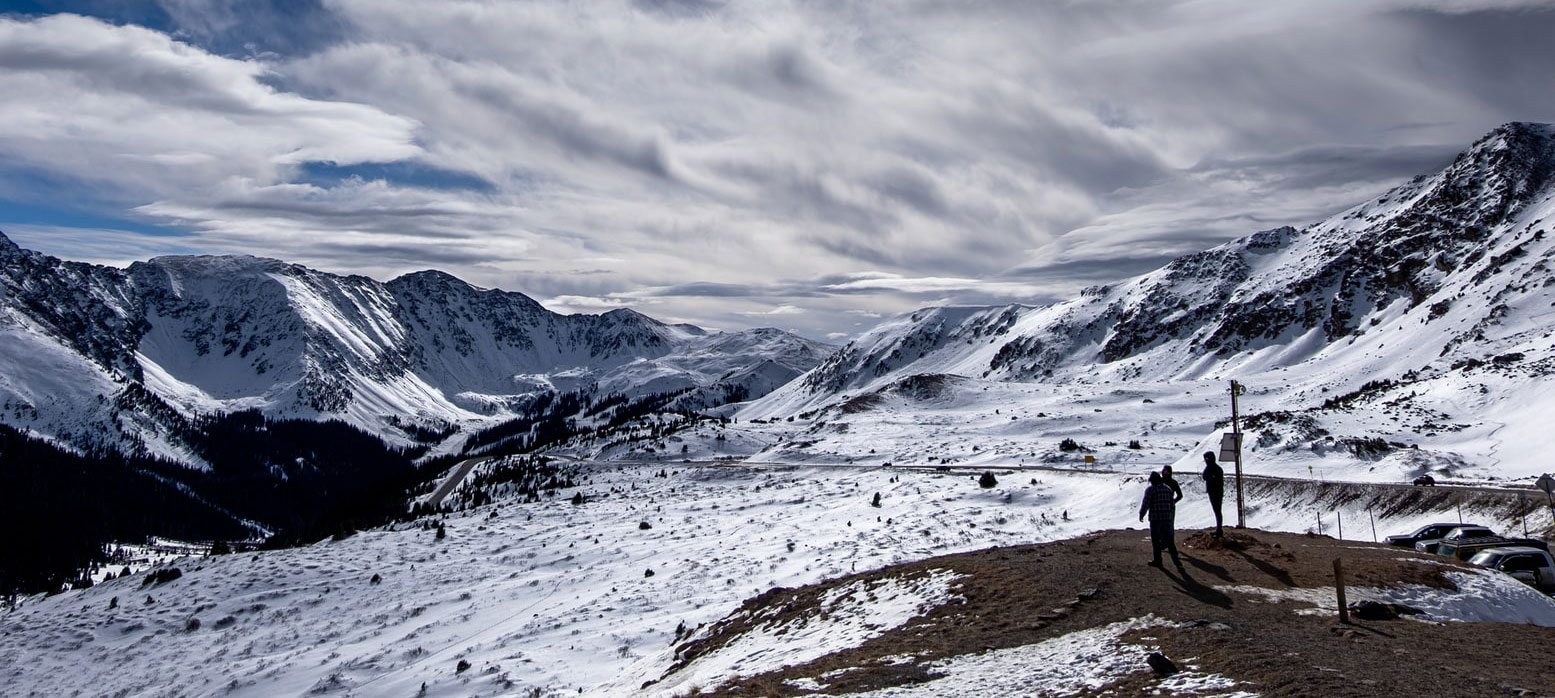
- Skill Level: Intermediate to Advanced
- Dominant Terrain: Mostly powder fields and trees, with some cliff features
- Best Season: February well into the spring
- Distance from Denver: 60 miles
Loveland Pass is only about one hour from Denver and that, in combination with easy access off the road, can bring the crowds. That said, if you are looking to take your next step into the wilderness, the easy hitchhiking laps on Loveland Pass can be a natural progression from a place like Bluebird Backcountry or Berthoud Pass. While there is a lot of terrain in this zone, you will be sharing it with many other skiers.
It’s worth noting that Loveland sees a fair amount of risky behavior, with plenty of people not wearing beacons or carrying probes or shovels. But it was also the scene of one of the most deadly avalanches in Colorado in recent years. Be respectful and kind, and practice safe backcountry etiquette.
Rocky Mountain National Park

- Skill Level: Advanced to Expert
- Dominant Terrain: Couloirs, chutes, alpine faces
- Best Season: Spring into summer
- Distance from Denver: 70 miles
For the accomplished skier, undoubtedly one of the best places to backcountry ski in Colorado is the famed Rocky Mountain National Park. Arguably the most aesthetic place in the state to put in a skin track, RMNP is an expert skier’s paradise.
Rocky Mountain is home to some of the country’s best ski mountaineering objectives, from demanding couloirs to high-consequence open faces. Most of the lines in the park are only okay to ski when conditions are perfect, and that generally does not happen until springtime.
The avalanche hazard in RMNP is real, so skiers must be on their A-game.
Aspen Area

- Skill Level: Something for all skill levels
- Dominant Terrain: Glades, bowls, couloirs, alpine faces
- Best Season: January into summer, with the steeps stabilizing in late spring/early summer
- Distance from Denver: 200 miles
To many, Aspen is synonymous with skiing in Colorado, and that reputation holds true for the backcountry. While the Aspen area is home to a handful of world-class resorts, the backcountry beyond the gates is also some of the best in the state.
Depending on how hard you are willing to work, there is terrain for every type of skier and skill level. Many great sidecountry areas are accessible straight off of the lifts, but put in a little bit of work and you will be rewarded in kind. Powder stashes and glades are good to ski pretty much all winter, and very steep, technical alpine lines tend to open up in the spring and early summer.
Pikes Peak

- Skill Level: Expert. Use extreme caution and check mountain conditions with local guides before attempting.
- Dominant Terrain: Couloirs and alpine bowls
- Best Season: Spring
- Distance from Denver: 100 miles
America’s Mountain also happens to be one of the state’s most coveted ski mountaineering objectives. Conditions can be unpredictable on Pikes Peak, and skiing any of the couloirs, cliff bands, or faces on this epic mountain is recommended only for expert skiers.
However, the old Pikes Peak Ski Area, located right off the Pikes Peak Highway, offers low-angle turns that tend to hold great snow while avoiding avalanche danger.
Steeper lines on the mountain are sure to test your limits, but the reward of a successful ski mission on Pikes Peak is well worth it. Springtime is generally the best time to give it a shot.

